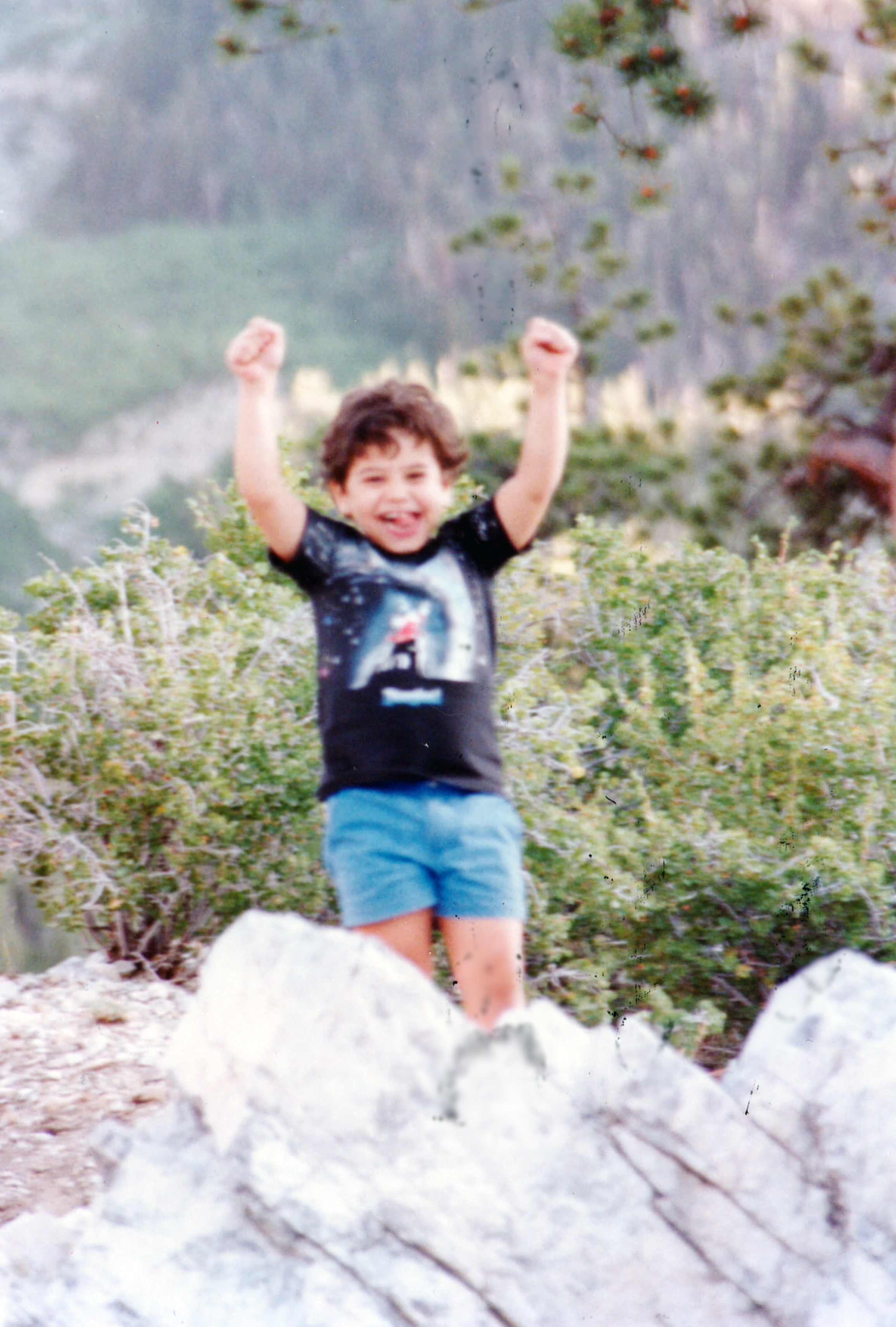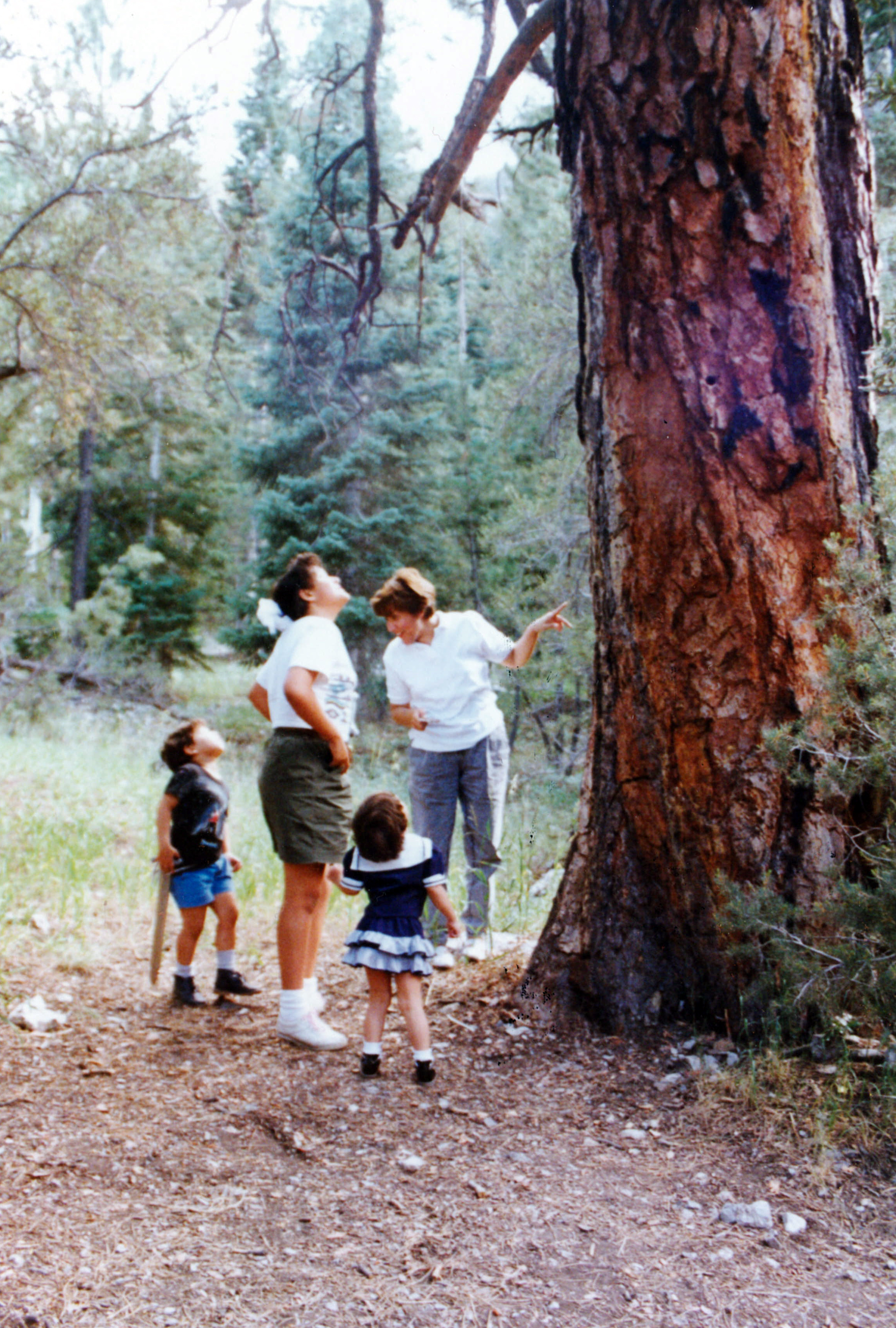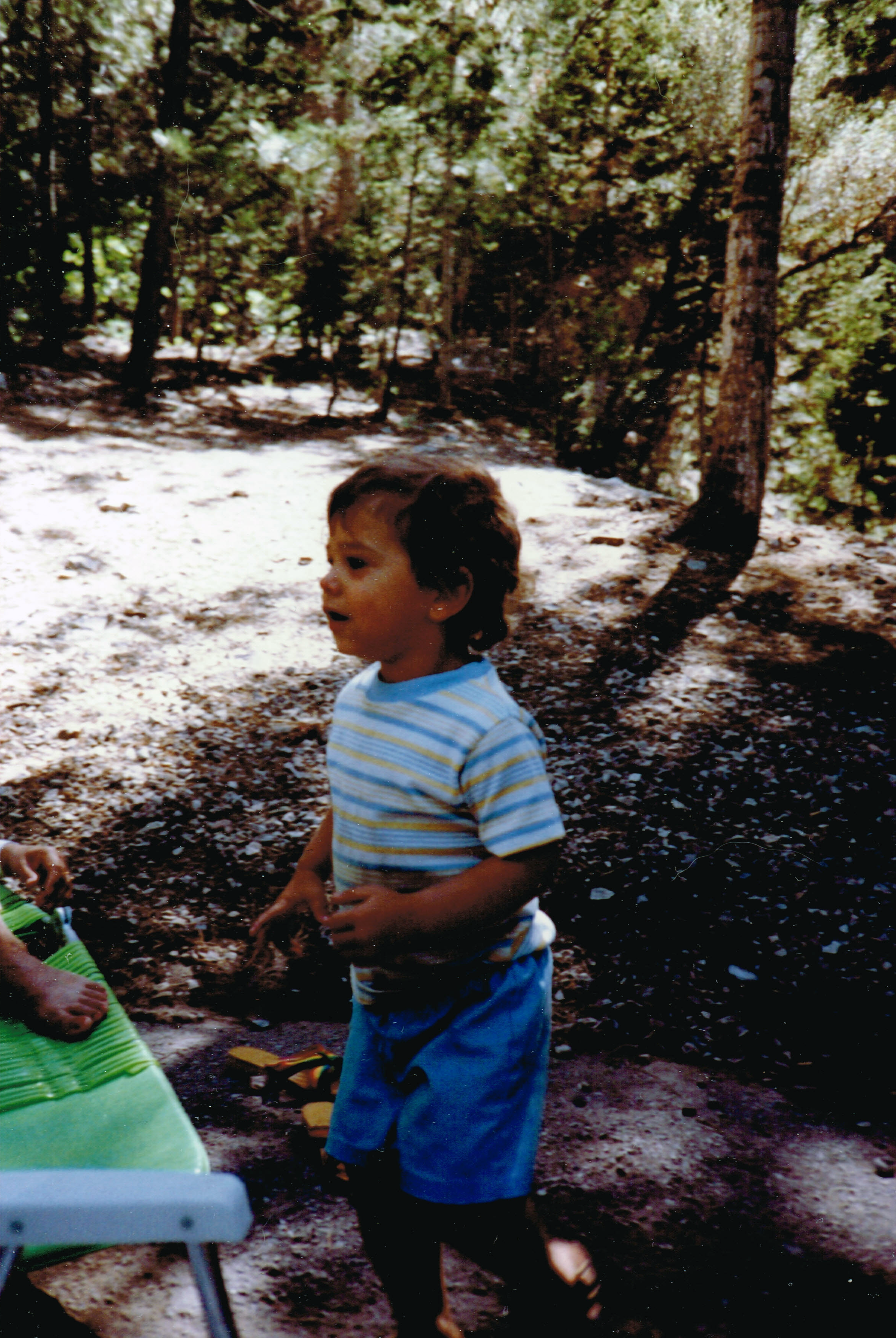Guest Blog: Water’s Interwoven Connection with Public Lands
By Christian Gerlach, Community Organizing Representative, Sierra Club
During my childhood in Las Vegas I got to enjoy regular family outings to a slew of landscapes, from deserts and dry lakebeds, to marshland and forests. I remember gazing upon breathtaking sights that expanded my outlook on life and put into perspective my place in nature. My father, Siegfried, a German immigrant from Berlin, always reminded me growing up that we are guests and stewards of the land, when we die we leave this planet to those that come after us.
My mother, Teresa, would tell me stories and show pictures of how the once mighty Colorado River flowed through the southwest and the small farming community she grew up in, San Luis Rio Colorado, Mexico. I grew up with the mental images of my grandfather enjoying picnics and outings with my grandmother, my mother, and her four sisters by the River. The area was once very lush, full of flora and fauna. Sadly, now visiting the same places my grandfather would take my family, much of the water has dried up, the plants are brown and lay dead or dying, and the ominous silence from the lack of wildlife results in a chilling experience. The small town my mother came from has suffered due to the lack of water. It has hurt the growth of the area, and limited the prospects of the farmers and farmworkers that make up the community. The situation has gotten worse and has spread to other parts of the Colorado River Delta.
Christian learning to become a steward of the land from his Father Siegfried in 1989
In Nevada, with all of the beauty in these landscapes, there is still so much we can do to ensure that future generations can enjoy family outings like ours. Nevada is the most arid state in the nation and Las Vegas is among the most water efficient cities. The area I grew up in is surrounded by some of our nation’s most pristine wild deserts and landscapes. A majority of land in Nevada - 82%, some 58 million acres of land – is public under the stewardship of the federal government (specifically, the Bureau of Land Management or BLM) and this has helped to keep much of the state so beautiful. This large amount of public space has made Nevada’s wild places the communal playground, not only for the people who live in Nevada, but for millions of tourists from across the world who arrive every year. The different landscapes have long captivated the interests of hunters, outdoorsmen, sportspersons, burners, hikers, climbers, scientists, and writers including Mark Twain.
Yet, not everyone sees themselves as stewards of these landscapes. Some residents and those within the various levels of government, from the municipal level on up to the federal government, advance risky energy development plans that jeopardize the longevity of our natural resources, like our water. When it comes down to it, policies supporting land and water conservation have a lot of public support, and this support should be prioritized and acted upon to conserve our precious life giving resources.
Christian at Mt. Charleston in Nevada
Growing up I found that members of my family and the Hispanic community around me were often more receptive to the ideas of conservation, perhaps because of our long history on the land. Personally, my upbringing and experiences led me to seek work in conservation, and currently I work with the Sierra Club. In my job, I reach out to the Latino Community and other communities throughout Nevada to share my experiences growing up, principles of conservation, and my family’s lifestyle of exploration and stewardship. I describe the connections between conservation of land and its connection to our water (through natural cycles and processes) for youth and families in order to share the beauty and importance of protecting the land. I achieve this through shared experiences in natural settings, all to expand the horizons of my community in Las Vegas.
Water is so important to me and my family that I am working to mobilize the community to protect the wild places of Nevada and its sacred water. I do so for the benefit of both present and future generations. I hope to pass on the lessons of my parents and grandparents taught me about water conservation, the environment, and the responsibilities of our community.
Our actions today are directly connected to what will affect future generations and the land and species they will enjoy and depend on.
Christian Gerlach was born and raised in Las Vegas, Nevada and is very closely tied to the community because of his roots there. Christian loves to spend time exploring much of the rugged terrain across all of Nevada, often leading hikes to many of the same places he grew up visiting with his parents.






